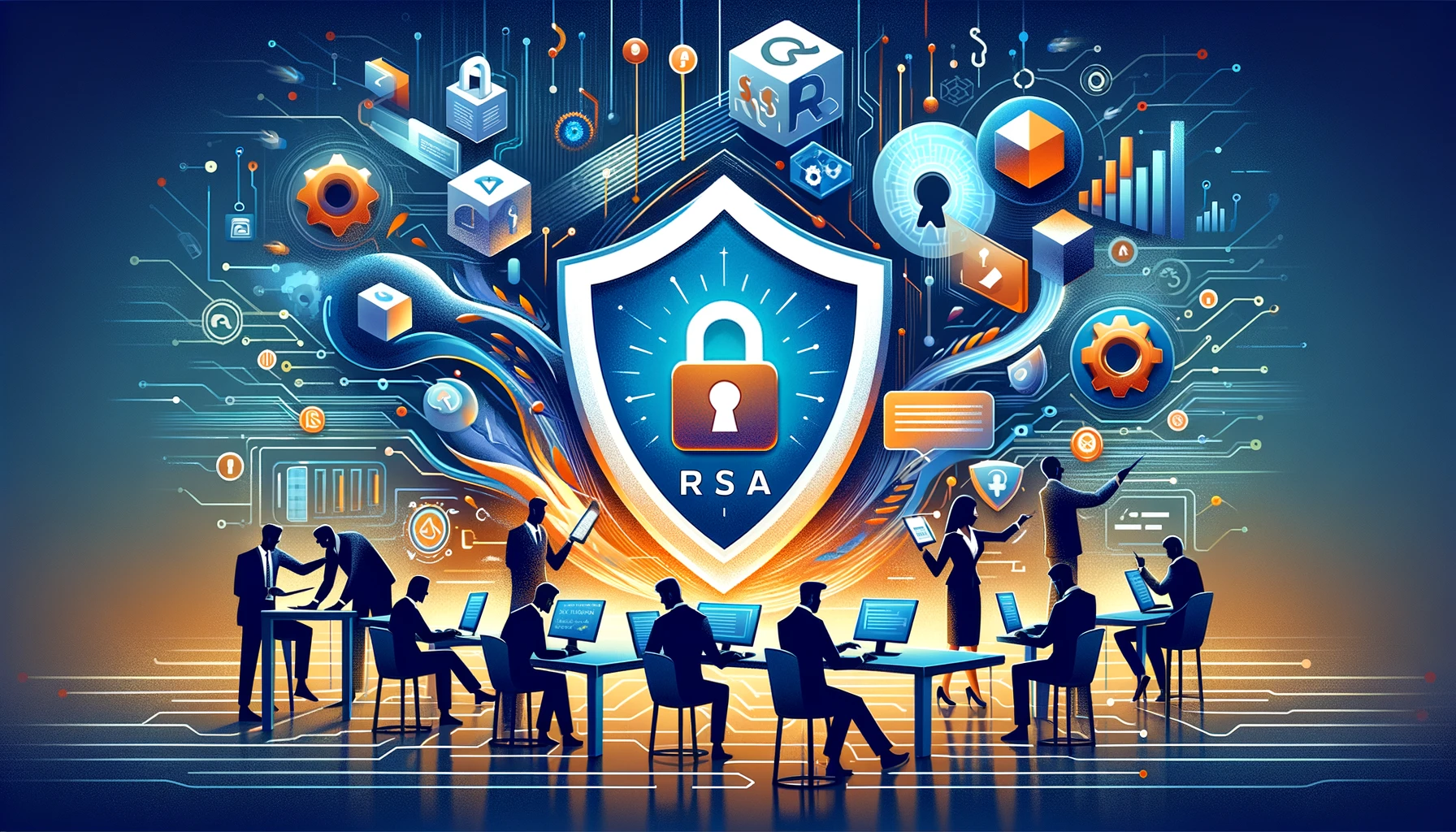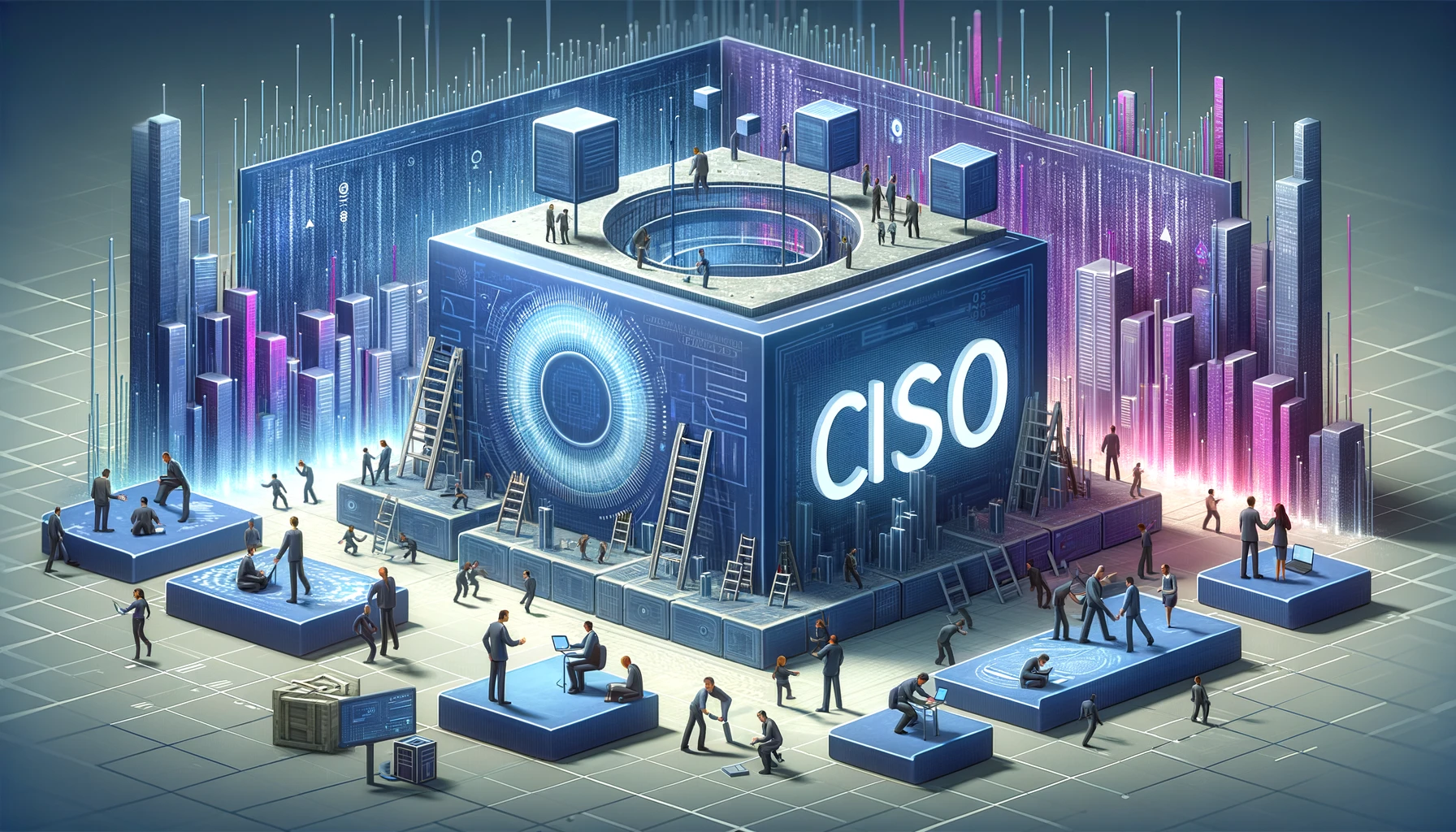A beginner’s guide to cybersecurity compliance

When thinking about cybersecurity compliance, many organizations think about a challenging, complex, and overwhelming process that they have to go through.
While complying with all the cybersecurity regulations and standards could become a major challenge, it is essential for the organization’s success and growth, while aligning with globally accepted best practices and earning much desired formal certification and compliance which illustrate organizational maturity.
Cybercrime has been on the rise during the past few years, and it has become one of the most significant dangers organizations have to face nowadays. In fact, statistics show that there’s been a 300% rise in cybercrime since the beginning of the pandemic.
So, without further ado, let’s dive into the most important aspects of compliance and data security.
What Is cybersecurity compliance?

Cybersecurity compliance is a set of regulations and standards (“formal frameworks”) that organizations are required to adhere to. These are all translated into internal organizational controls that produce the compliance landscape on which the organization shall base its own compliance scheme.
These “formal frameworks” are usually set by a regulatory authority or standardization bodies, and their purpose is to ensure that organizations have a risk management strategy, which advances to illustrate practical guidelines, that help them verify the confidentiality, integrity, and availability of their data, as it pertains to business oriented information and customer data (PII, PHI).
The regulations that organizations need to comply with depend on several aspects, such as industry orientation and local legislation. Furthermore, as the field of cybersecurity evolves, along with the risks and correlating mitigation, the standards and regulations are also changing, so organizations need to keep up with the latest adjustments.
This is often perceived as a challenge, as compliance requirements can often generate confusion. However, what companies need to keep in mind is that no organization is immune to cyberattacks. Up to 2008, when privacy laws changed the game, compliance was mostly a voluntary route for organizations. However, with the evolving cyber risks and tremendously increasing appetite of cyber criminals for data, compliance is no longer a “nice to have” check box on the management’s table, but rather a new perception of business sustainability.
Why is cybersecurity compliance so important?

Now that we’ve established what cybersecurity compliance is, let’s find out why being compliant is paramount for organizations of all sizes. Here’s what you need to know:
- It is required by law: Like it or not, regulatory compliance is not optional. Companies that do not respect cybersecurity regulations risk huge regulatory fines. Some examples of the most notorious breaches are Didi Global, a Chinese ride-hailing firm that was fined $1.19 billion, Amazon with $877 million, and T-Mobile with $350 million. However, we should not be blindsided by these enterprises. Hundreds of unknown and much smaller businesses are facing regulatory slaps on their hands each month. No business is untouched by regulators and none is immune from risks. Therefore, cybersecurity industry standards and regulations are no joke, and implementing a compliance program should be treated as a priority.
- It improves the posture demonstrated in business deals and acquisitions: Organizations that seek international business opportunities need to align with leading cybersecurity compliance and certifications. This has commonly become an inseparable part of RFIs / RFPs, prerequisites for entering as vendors/suppliers in new or refreshed engagements, and Due Dillenges toward Mergers & Acquisitions. We need to acknowledge that cybersecurity compliance is setting a mandatory reference baseline in the business world. It is now another parameter that sets the tone and pace of businesses in the global market.
- It helps you avoid data breaches: Considering that the number of cyberattacks increased by 28% in the third quarter of 2022 compared to the same period in 2021, businesses should take all the necessary measures to avoid a data breach.
- It helps you protect your company’s reputation: Companies are responsible for their clients’ and employees’ data, together with business-oriented information, so adhering to cybersecurity regulations can help businesses protect their brand reputation and gain trust and credibility in their community.
- It helps you manage your cybersecurity landscape and infrastructure: To comply with all cybersecurity regulations, you need to efficiently process, store, handle, share, track, delete or retain data, while operating hundreds of processes that involve sensitive information. Compliance will provide guidelines and globally accepted “rulers” which will highly assist in effectively constructing a cybersecurity scheme.
Security compliance brings many advantages for organizations, and the sooner you implement a cybersecurity compliance program, the better.
Protecting your business against a potential breach should be one of your top priorities and it is essential for your long-term success.
The most common compliance regulations and standards

As previously mentioned, there are numerous compliance regulations and standards, and they vary depending on the industry, location, and the type of data you store.
Below, you will find some of the most common regulations and standards that might apply to your company.
HIPAA
HIPAA stands for the Health Insurance Portability and Accountability Act, and it is a federal law that ensures the protection of patient health information.
HIPAA compliance applies to organizations from the healthcare industry, such as healthcare providers, health plans, healthcare clearinghouses, and businesses that handle sensitive patient data.
PCI DSS
PCI DSS (Payment Card Industry Data Security Standard) is a set of security standards that are meant to enhance the security of credit card information.
All companies that process or store cardholder data or other credit card information need to comply with this framework. PCI DSS is managed by the major credit card providers, and businesses that fail to comply with these standards can lose their merchant licenses.
GDPR
One of the most popular data protection laws is GDPR, or General Data Protection Regulation, which is also the toughest privacy and security law in the world. It was introduced by the European Union in 2018. GDPR applies to all companies that collect data or target people in the EU, regardless of the organization’s location.
The law was introduced to offer individuals more control over their personal data, and companies that violate these standards risk enormous fines.
CCPA
CCPA stands for The California Consumer Privacy Act, and it was introduced to enhance the data privacy of California residents.
This law is similar to GDPR, and all organizations that handle personal data from Californian users. CCPA gives users the right to find out what data companies have gathered about them, delete this data, and protect their personal information.
NYDFS Cybersecurity Regulation
NYDFS Cybersecurity Regulation ensures that companies implement an efficient cybersecurity program that protects them against potential breaches. This means that companies need to be capable of identifying potential breaches, developing a defence infrastructure that protects them against cyberattacks, and can efficiently respond and recover in case of a breach.
This regulation applies to a wide range of businesses that operate in New York, including service providers, insurance companies, private banks, and many others.
NIST
The National Institute of Standards and Technology (also known as NIST) is an agency based in the United States that has developed a compliance framework that helps organizations mitigate cybersecurity risks. This framework’s adoption has not been limited to the United States, as it has been implemented by companies worldwide.
It consists of a set of guidelines that help organizations improve their cybersecurity. This framework is very important and useful because compliance with these standards will help your company become compliant with other regulations as well.
SOC2
Developed by the American Institute of CPAs (AICPA), SOC 2 defines criteria for managing customer data based on five “trust service principles”—security, availability, processing integrity, confidentiality, and privacy.
ISO/IEC 27001
ISO/IEC 27001 is an international standard to manage information security. The standard was originally published jointly by the International Organization for Standardization (ISO) and the International Electrotechnical Commission (IEC) in 2005, revised in 2013, and again most recently in 2022. There are also numerous recognized national variants of the standard. It details requirements for establishing, implementing, maintaining, and continually improving an information security management system (ISMS) – the aim of which is to help organizations make the information assets they hold more secure.
What cybersecurity standards and regulations apply to You?
The standards and regulations listed above are only some of the leading industry standards and regulations which you need or can adhere to.
To make sure that you are safe and compliant, create a checklist with all regulations your organization needs to meet. Also, make sure you keep up with the latest changes in regulatory requirements.
Don’t hesitate to seek expert advice if you are not sure which ones apply to your business or if you need help with meeting all the regulations and standards. Make implementing a compliance program a priority in your organization and avoid exposing your business or your customers to risk.
How Vendict can help

At Vendict, we know cybersecurity compliance can be challenging, so we’re here to make things easier for you. We used Natural Language Processing (NLP) to create a solution that helps you save time by automating security questionnaire responses.
We are helping companies of all sizes to achieve compliance and cut out manual and repetitive work. Our solution is dedicated to cybersecurity professionals and teams, sales teams, and proposal managers.
By using our solution, you can:
- Automatically fill out cybersecurity questionnaires in a matter of minutes;
- Reduce menial work and focus on truly important tasks;
- Save a lot of time and resources.
Interested to find out more? Book a meeting with one of our experts and discover how to respond to security questionnaires in minutes.











